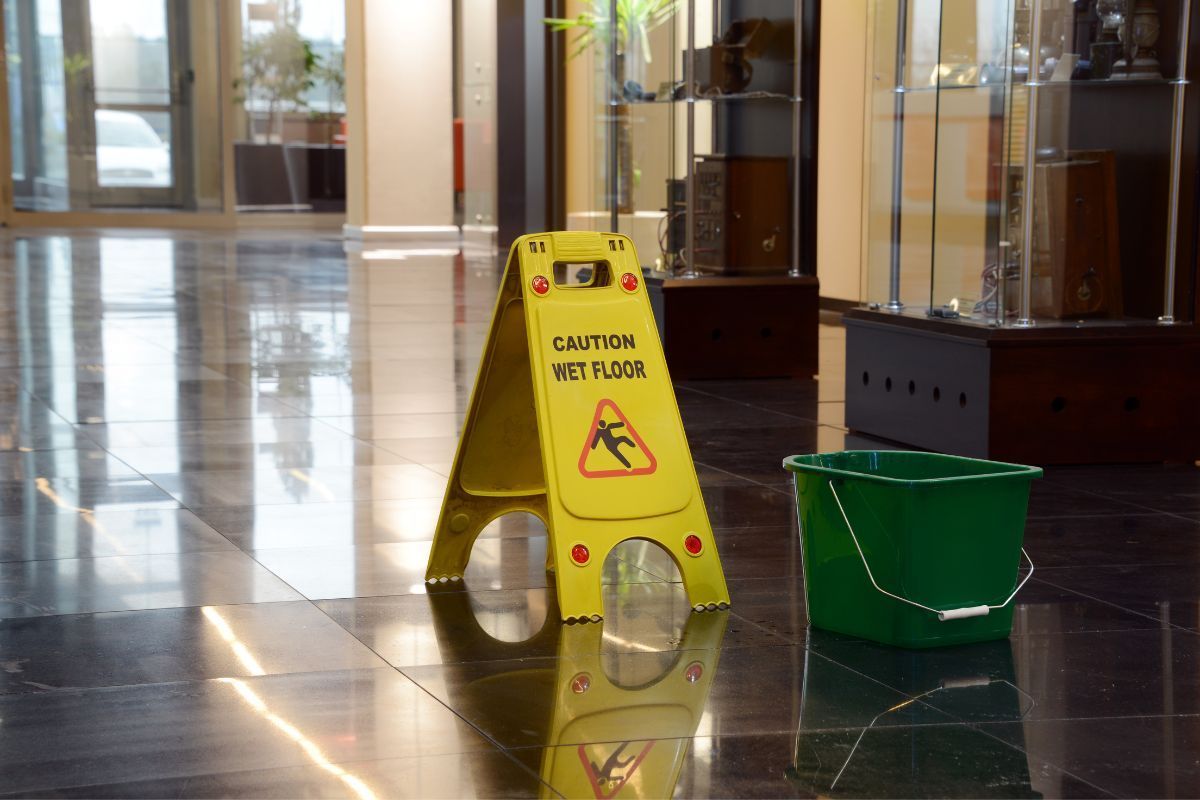Passenger Rights: Suing a Driver After a Florida Car Accident

Car accidents often focus on the drivers involved, but what happens if you were a passenger during the incident? Understanding your rights and options is crucial if you find yourself injured while a passenger. At GTS Law Firm, we provide the insights and legal guidance you may need after such an unfortunate event.
Elements of Negligence in a Car Accident
In Florida, determining negligence is essential for any car accident compensation claim. Whether you were a passenger or a driver, the fundamental principles of negligence remain the same:
- Duty of Care: Every driver on the road owes a duty of care to other road users, including their passengers.
- Breach of Duty: This is established when a driver engages in behaviors that violate this responsibility—be it through distracted driving, intoxication, or other reckless actions.
- Causation: The injuries sustained by the passenger must be directly linked to the breach of duty.
- Damages: There must be verifiable damages that resulted from the accident, such as medical bills or lost earnings.
When Can a Passenger Sue the Driver?
As a passenger, there are several scenarios where you might have a valid claim against the driver:
- Driving Under the Influence: If the driver was intoxicated, proving negligence becomes relatively more straightforward.
- Reckless or Aggressive Driving: This includes speeding, erratic lane changes, or aggressive maneuvers.
- Distracted Driving: Involvement in activities such as texting, eating, or using a phone that leads to an accident can all constitute negligence.
- Violation of Traffic Laws: Such as running stop signs or red lights, or making illegal turns.
Exceptions to Filing a Lawsuit as a Passenger
There are, however, certain circumstances under Florida law where a passenger might be unable to sue the driver:
- The Driver Is Not at Fault: If another driver or an external factor caused the accident, the passenger might need to seek compensation from other parties.
- Household Exclusions: Some insurance policies might prevent a passenger from suing a driver who lives in the same household.
- Minimal Fault: In Florida, even if the passenger is partially at fault (e.g., not wearing a seatbelt), they can still seek compensation, but it may be reduced by their percentage of fault.
Understanding Florida’s Car Insurance Laws
Florida’s insurance requirements mandate that drivers carry a minimum of $10,000 in personal injury protection (PIP) and $10,000 in property damage liability (PDL). As a passenger, you may claim under the PIP coverage of the driver's insurance policy, up to the limits of their policy.
The Role of a Skilled Florida Car Accident Lawyer
Navigating post-accident legal options can be overwhelming, particularly when trying to recover from injuries. Here at GTS Law Firm, we understand the complexities involved in car accident claims and are prepared to guide you through each step of your legal journey.
If you or a loved one has been injured as a passenger in a car accident, it is vital to seek experienced legal counsel promptly. Our team is here to help ensure that your rights are protected and that you receive the compensation you deserve.
To discuss your case and explore your options, contact GTS Law Firm today at (941) 625-6666.
Share This Post:






